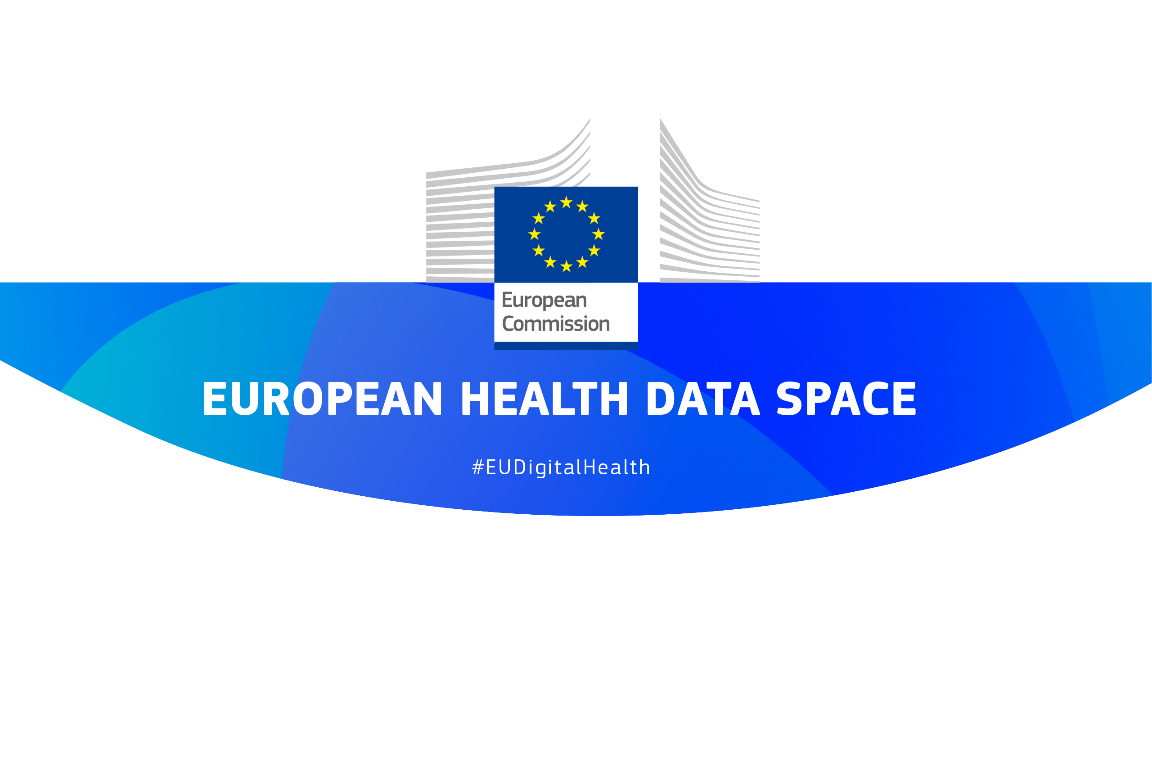The European Health Data Space (EHDS)
EHDS could change EU healthcare: Insights on digital strategy, data privacy, and the future of personalized health innovation.

As a European citizen and a professional web strategist deeply entrenched in the world of large language models (LLMs) and digital innovation, I find myself at a fascinating intersection of health data transformation and I want to share my thoughts.
The introduction of the European Health Data Space (EHDS) marks a historic shift in how we, as Europeans, will access, manage, and utilise our medical information.
This initiative, aiming to unify health data management across the EU, presents a landscape ripe with opportunities and challenges that deserve a nuanced exploration, especially considering the perennial debate around privacy versus the benefits of big data.
A New Era for Health Data
The EHDS is more than a policy change; it's a reimagining of health data's role in our lives and society. Until now, fragmented systems across the EU have limited the potential for innovation in healthcare and digital health services.
This new, unified approach promises to streamline access to health information, not just for medical professionals and researchers but for patients themselves.
As someone who believes in the power of technology to transform lives, I see the EHDS as a critical step towards a more integrated, efficient, and patient-centred healthcare system.

Opportunities for Digital Innovation
For digital professionals, the EHDS opens a variety of opportunities. Imagine health apps that offer personalised advice based on a comprehensive view of your medical history, or platforms that seamlessly integrate your lifestyle data with medical records to provide tailored health plans.
The standardisation of health data across the EU also means we can design solutions for a broader audience without the cumbersome need to navigate disparate regulatory environments.
However, these innovations are not without their challenges. Foremost among them is ensuring the privacy and security of sensitive health data. As we venture into this new era, we must tread carefully, balancing the immense benefits of big data analytics with the fundamental right to personal data protection.
The Privacy Paradox
This brings us to the crux of the matter—the paradox between the benefits of big data in healthcare and the imperative to protect personal privacy.
On one hand, the aggregation and analysis of health data can lead to groundbreaking advancements in medical research, personalized care, and health innovation. On the other, it raises legitimate concerns about data security, consent, and the potential for misuse.
As a proponent of digital innovation, I advocate for a balanced approach that leverages the capabilities of LLMs and AI to improve healthcare outcomes while implementing robust mechanisms to protect personal data. This includes transparent data usage policies, stringent security measures, and empowering individuals with control over their own information.

Looking Ahead
The EHDS is a bold move towards a future where health data acts as a cornerstone of medical innovation, patient care, and public health.
As we navigate this transformation, it is imperative that we foster dialogue between technologists, policymakers, healthcare professionals, and the public to ensure that the digital health landscape we build is not only innovative but also ethical, secure, and respectful of privacy.
In conclusion, the European Health Data Space represents a significant milestone in the evolution of healthcare in the EU. For digital health innovators, it offers a unique opportunity to contribute to a healthier future.
Yet, as we embark on this journey, we must remain vigilant, ensuring that the digital health revolution benefits all, without compromising the privacy and security that individuals rightfully demand.
Global Health Data Spaces
The European Health Data Space (EDHS) is a key initiative by the European Union to facilitate access, sharing, and use of health data.
Similar initiatives exist worldwide, aiming to improve healthcare through digital means.
Below are some notable health data spaces around the globe:
United States - Health Data Initiatives
- All of Us Research Program: A precision medicine initiative by the NIH to collect data from over a million U.S. residents to advance health research.
- Health Information Exchanges (HIEs): Networks facilitating the secure sharing of health information across different healthcare entities in the U.S.
United Kingdom - NHS Digital
- The NHS is enhancing health data accessibility and utility across the UK, including initiatives like NHS Digital for unified health data and insights.
Australia - My Health Record
- An online platform managed by the Australian Digital Health Agency, providing a secure way for patients and healthcare providers to access and share health information.
Canada - Canada Health Infoway
- An initiative to create a digital health infrastructure across Canada, aiming to improve the quality and efficiency of patient care through better data sharing.
India - National Digital Health Mission (NDHM)
- Launched in 2020, the NDHM seeks to establish a digital health ecosystem in India, featuring a unified health ID, digital health records, and an integrated health information exchange.
China - Health Information Exchanges and Digital Health Initiatives
- China is advancing in healthcare technology, with investments in health information exchanges and the development of national health data standards.
These initiatives demonstrate a global movement towards using digital technology to enhance healthcare outcomes, patient care, and medical research by making health data more accessible and interoperable.



